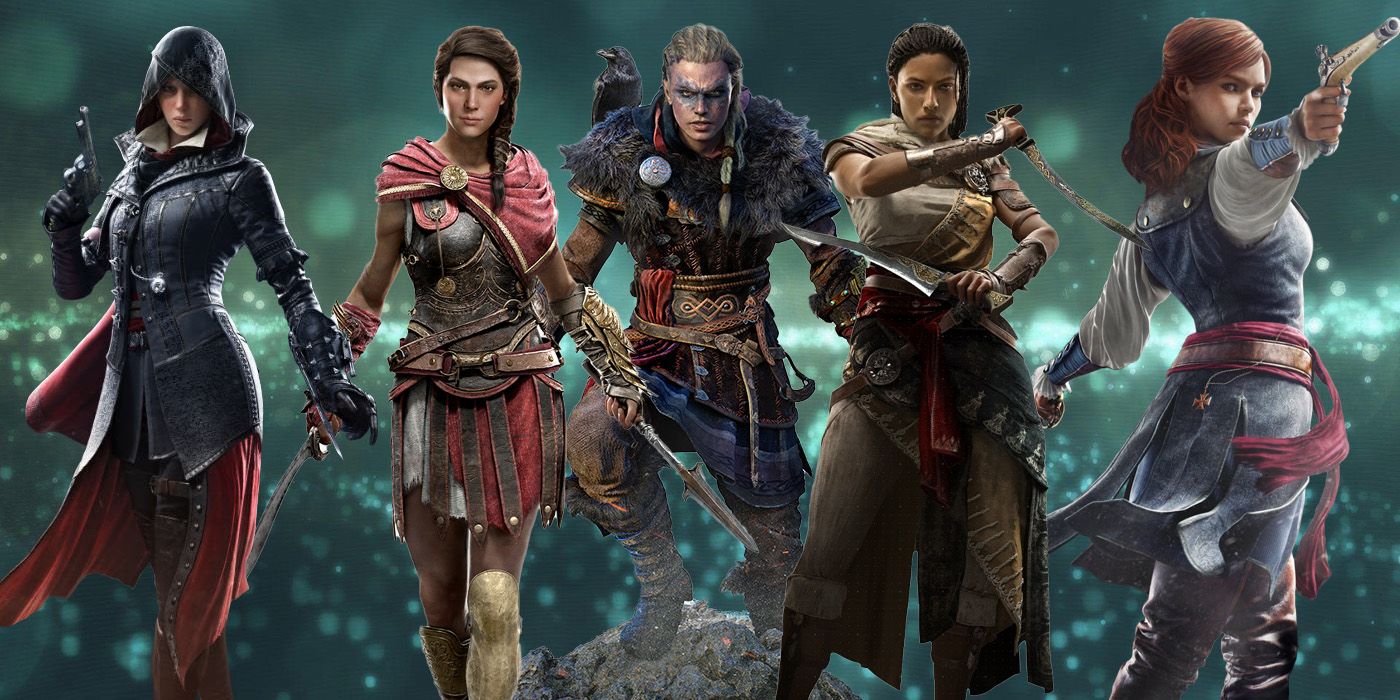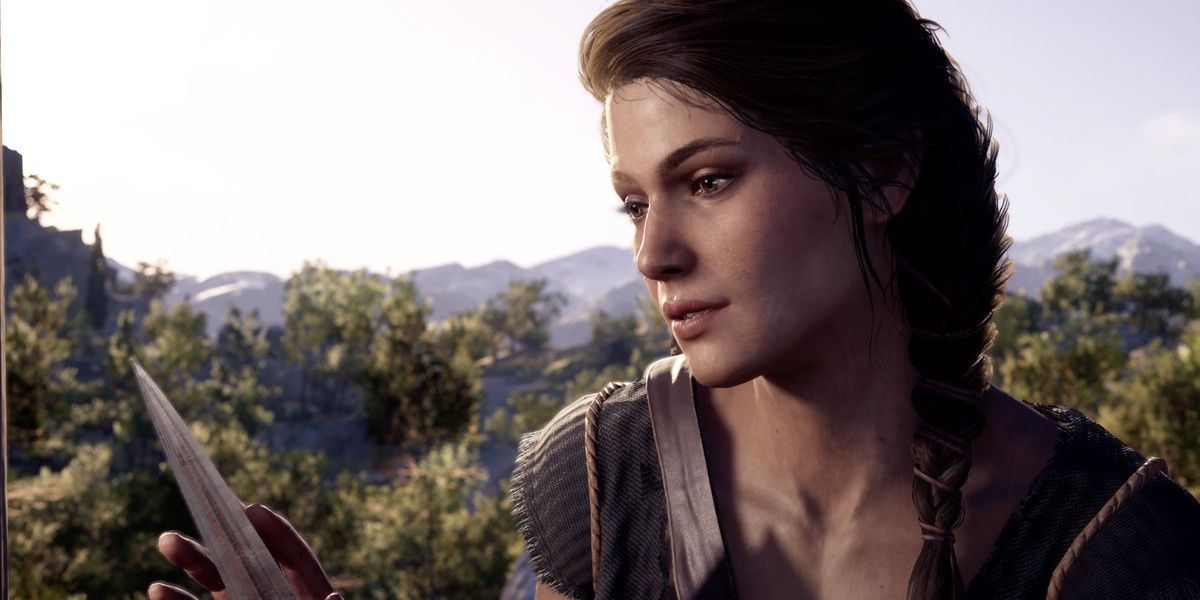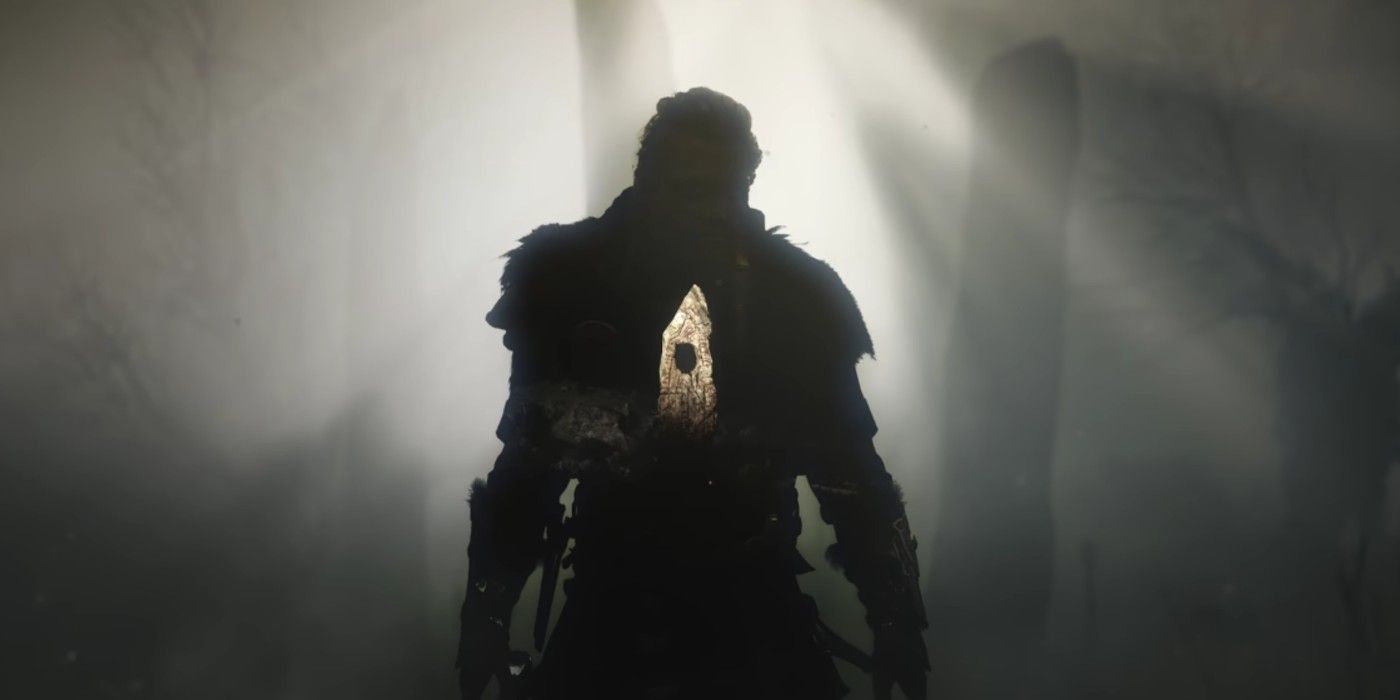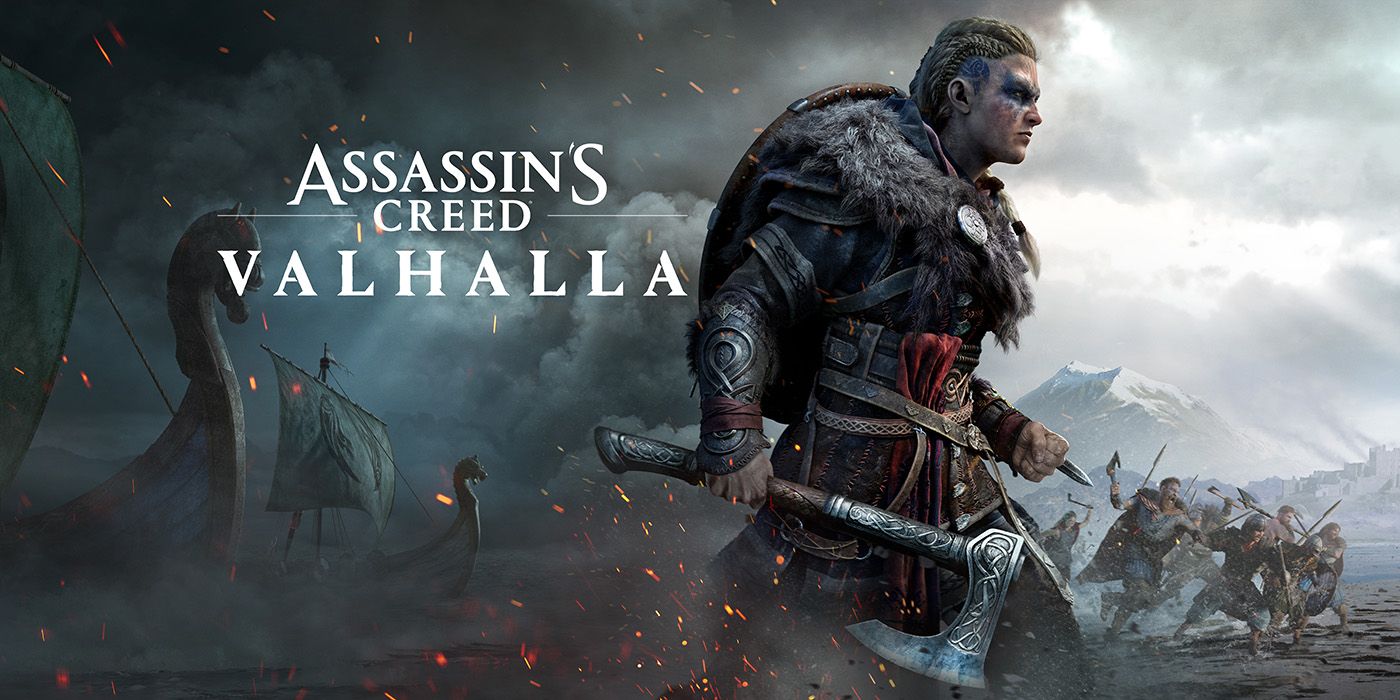Assassin's Creed Valhalla is the next entry in the long-running franchise, and for fans both old and new, it has checked all the right boxes so far. The inclusion of Odyssey's RPG mechanics and classic features from the older games may be able to bridge the divide between old vs. new fans in Assassin's Creed Valhalla, but unfortunately, there's been a problem brewing behind the franchise for some time now.
As many know, Ubisoft has been rocked with several misconduct and sexism allegations all the way up to the now-former CCO. Ubisoft is reportedly taking steps to correct this toxic workplace culture, but as it looks forward, many have started looking back. Because "women don't sell," the franchise has been fighting a battle behind the scenes to even get them into the game. Unfortunately, that has likely bled into Assassin's Creed Valhalla as well (due to its development cycle dating a couple years back), and it forces players to see the gender change mechanic in an all new light.
The Women of Assassin's Creed
The franchise has always been male dominated, but what many thought was an evolution of the franchise to include female characters was actually a tooth and nail approach that ultimately saw many characters diminished. To note, the very first Assassin's Creed game to present a female lead was Assassin's Creed Liberation, which came after Assassin's Creed, Assassin's Creed 2, Assassin's Creed Brotherhood, Assassin's Creed Revelations, and Assassin's Creed 3. Yet Liberation was nothing more than a spin-off, wasting the potential of Aveline De Grandpre.
The next game to feature a female lead was Assassin's Creed Unity back in 2014, which told a classic Parisian love story between Arno and Elise. Arno was the only playable character, but where this gets tricky is its multiplayer. Before it released, many were curious as to why the multiplayer only included male characters, to which Ubisoft responded that female characters would be too much work. This was super suspicious at the time, but it has recently been publicly revealed that Elise was ready and playable for this section of the game in under an hour. The decision not to include playable female characters such as Elise was made by the Paris Editorial and had nothing to do with the workload, validating everyone's assumptions that the explanation was nothing more than an excuse.
Assassin's Creed Syndicate followed it, featuring two playable characters: the twins Jacob and Evie Frye. However, it turns out that Evie Frye's sections of the game were cut to give her less screentime, while Evie's VA also experienced sexism while working on the character. 2 years later, Assassin's Creed Origins brought the franchise back to life but kept these very same problems, perhaps even worse.
As it turns out, Bayek was supposed to die early on in Assassin's Creed Origins, putting players into the shoes of Aya for the majority of the game. This was phased out through development, leading to Bayek becoming the main character and Aya being relegated to the small sections of gameplay that she has. Her role in the founding of the Hidden Ones cannot be understated, yet it's clear that Ubisoft did not want to make her the main focus.
Assassin's Creed Odyssey is yet another tale like this. Kassandra, who was deemed the canon protagonist, was supposed to be the only protagonist. The "women don't sell" mentality led to the inclusion of Alexios, instead of it being a genuine approach from Ubisoft. In other words, the choice of which character to play wasn't a natural part of development but one forced onto the game. And as unfortunate as it is, it's clear that this may have bled through in Assassin's Creed Valhalla.
Assassin's Creed Valhalla's Gender Change Mechanic
Unlike Odyssey which presented a choice between two different characters, Assassin's Creed Valhalla presents one character with two different gender options. It's not an atypical approach to video games, but when asked which character would be canon, the mysterious early answer was that it would be both through a nice little trick. As it turns out, that "trick" is the ability to swap between male and female Eivor at any time.
The in-universe explanations seems to be that Eivor's DNA is damaged, meaning the Animus cannot determine their gender, and thus renders them based on new Animus tech to be which ever gender the players want. The issue here comes in the fact that the change can happen at any time, as it still fails to explain explain the one thing that this supposedly does: make both characters canon. That seems impossible with many explanations, but the question becomes here: is it as genuine as it looks? Fans now know the choice between Alexios and Kassandra was now a forced one, not one to come up in development naturally, and it's hard knowing what we know now not to see this mechanic in a different light.
Seeing AC: Valhalla's Eivors in a New Light
Keep in mind this is complete speculation based on a pattern of past characters, but it's hard to see why this mechanic is implemented or why it matters. The game is not due out for a couple of months and maybe there's something that is being overlooked, but at the end of the day, the mechanic seems optional. It does not seem anyone will use it. Most Assassin's Creed Valhalla players will likely stick with the gender they choose at the beginning of the game, with the choice between the two at any point being a strange inclusion.
This may have been some clever way to ensure that, unlike Evie and Aya, female Eivor's playtime isn't diminished by stronghanded means, this may have been the only way that female Eivor could have such a role in the game, or this could have been done for any number of reasons. None of them, however, seem like this was a decision made through natural development. It seems like one to get the character in-game, as there would be some struggle to do so otherwise. After all, note how little about female Eivor has been present in marketing materials.
Choice in games is important, but stronghanding developers to force a choice on players due the flawed idea that "women don't sell" is the exact opposite of choice. Hopefully, as Ubisoft tries to rebuild itself in light of all this, future characters are the characters they were intended to be and the people behind them get the respect they deserve.
Assassin's Creed Valhalla releases November 17, 2020, for PC, PS4, Stadia, and Xbox One. PS5 and Xbox Series X versions to follow.




